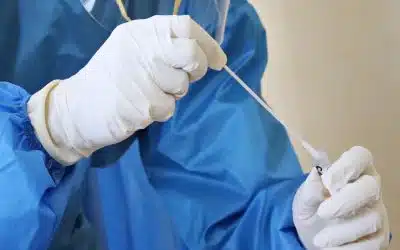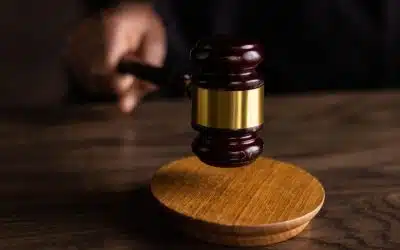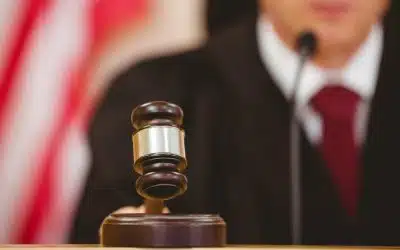In our recent webinar, we discussed what parents should do if their child gets arrested. While knowing what to do plays an essential role in keeping your child safe, we believe that knowing how the system works is just as important. Here are some key takeaways that all parents should know about the juvenile court system.In Missouri, the juvenile court system serves minors under the age of 17. This means that as soon as your child hits their 17th birthday, they will go to the adult court if they get into trouble, even though they are technically still a minor.In juvenile law, cases are usually handled by a juvenile officer. These officers wear many hats, and they’ll always be your first contact with the juvenile office when your child gets involved with the law.The juvenile court in Missouri doesn’t only handle crimes. They may get involved in issues that only affect the child, such as truancy, which are legally known as status offenses. In these cases, the job of the juvenile officer is to figure out what’s going on at home to cause the child’s behavior and what they can do to solve it. This is completely different from the adult system, which, unfortunately, tends to look at how the offender’s behavior can be punished.However, it’s important to not be fooled by the seemingly benevolent nature of the juvenile system. Your juvenile officer is the eyes and ears of the court system, so if you say something incriminating, it’s going to be in their report, even though their stated mission may not be to get you or your child in trouble.Additionally, although most juvenile cases involve minor infractions, things can get dicey if a minor is accused of something violent or sexual. While the aim of the juvenile court is to put the child’s needs first, many judges struggle with this approach when a victim is involved.In short, when dealing with any aspect of the law, the bottom line is this: tread lightly and always talk to a lawyer.
Unlocking the Truth: Cross-Examining a Blood Test Analyst at a Forensic Laboratory
Blood test analysis plays a crucial role in forensic investigations, helping to identify and substantiate evidence in criminal cases. The process involves the careful examination of blood samples to determine the presence of alcohol and drugs, establish their...






